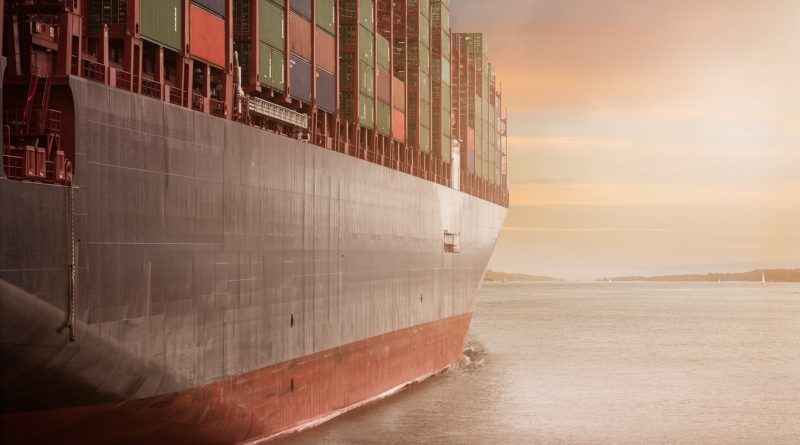Industry assesses Covid-19 impact: Disruption, geographic divides… and future eco-trends
Supply chain disruption, order decreases with material and labour shortages have characterised the Covid-19 pandemic’s effect on the sporting goods industry, according to a new survey.
The WFSGI (World Federation of Sporting Goods Industry) is conducting a monthly pulse survey to asses the impact of the Coid-19 pandemic on the sporting goods industry. It’s open to all companies in the industry – and not just WFSGI members – with the results anonymised.
Manufacturing results
The results from the first of these pulse surveys has produced some interesting findings, with the first section concentrating on the manufacturers.
Clearly Covid-19 has significantly disrupted the sporting goods supply chain, but this survey has revealed disruption has affected Europe (64%) almost as much as in the Far East (68%). Also facing significant supply chain disruption was South Asia (54%), while North America (22%) and Latin America (less than 10%) have so far got off relatively lightly, according to the survey respondents judging whether they’d seen an impact on their supply lines.
There’s a geographic divide on order decreases too. 90% of respondents saw a decrease in orders from customers in Europe and North America. But for Latin America, the Far East and South Asia, the number was closer to 30%.
Material shortages have not made quite as many headlines, but over 70% of respondents faced them due to the closure of suppliers’ companies. Around 40% of respondents had dealt with shipments being withheld due to specific trade restrictions or delayed finished goods transport. Over 30% said they’d had to cope with a lack of capacity from shipping companies.
Almost 60% of manufacturing respondents had labour shortages due to forced company closures. Less than 30% had labour shortages due to travel restrictions for workers. 20% have seen staff not coming to work to take care of family or reluctant to return to work due to fear of infection. 86% have been impacted by regulations related to Covid-19 and 86% have been challenged by low cash flow.
In terms of forecasting, all expect an impact, with half expecting to see business fall by half in the upcoming month. In further glum news, close to 70% will consolidate production capacities, although 60% will focus on lean production to eliminate waste. A majority of 60% expected to wait 91-180 days to get back to business after the pandemic.
Retailer responses: Online focus, inventory clean out and an environmental trend.
Amongst the gloom, there were reasons to be cheerful. 70% of respondents expected environmentally friendly products to be the most important market trend after the pandemic.
Mitigation of Impact: Close to 80% wanted to increase online sales, while 40% planned to clean out their inventories to maintain their cash position. Most (90%) will unsurprisingly focus on their cash position while a third (30%) will look to boost their supply chain efficiency.
The majority of retailers (90%) welcomed flexible suppliers. 40% didn’t want to reframe their sourcing priorities after the pandemic, while 15% wanted to look to local sourcing, presumably to minimise further potential disruption should the global supply chain see any further problems.
“The results of the first pulse survey confirm the significant negative impact that COVID-19 has had on the global Sporting Goods Industry throughout the supply chain,” said WFSGI President & CEO Robbert de Kock. “At this time and in the interests of solidarity, WFSGI is seeking to help all sporting goods companies by harnessing the unique knowledge base and network within our membership to provide key trends, learnings and best practices. Our monthly pulse surveys are one way in which we achieve that aim. WFSGI believes that the Industry must come together during COVID-19, more than it ever has before, and find global solutions through international teamwork. WFSGI is proud to be able to serve the Industry by providing a neutral platform for that collaboration and action to take place.”
There’s more data to sift through on the WFSGI site.



